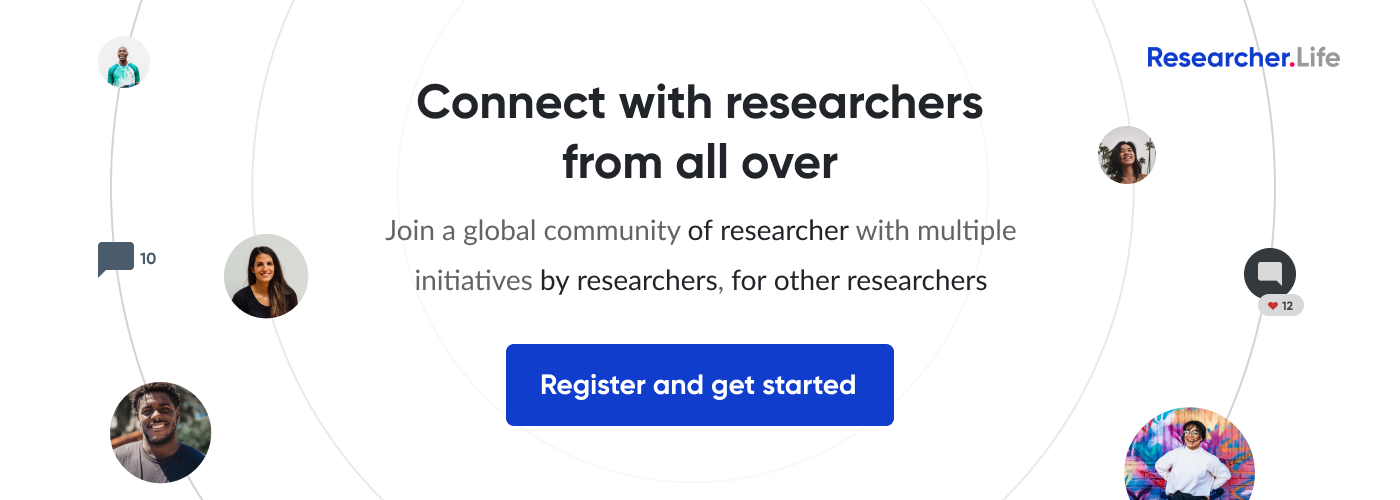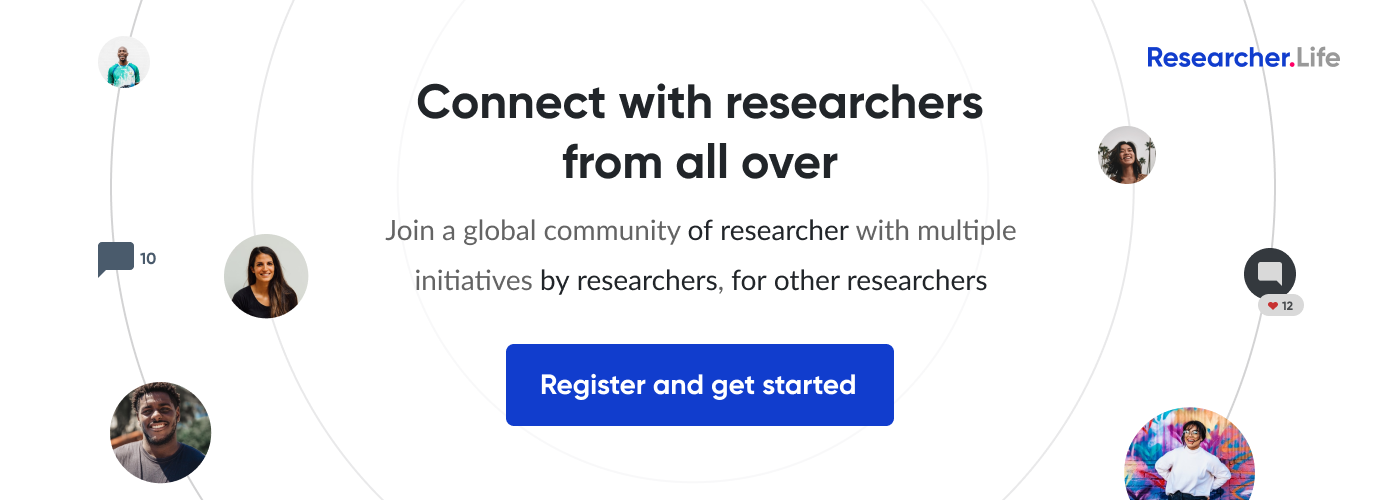Academic publishing and scholarly communications: Good reads, January 2016

The first month of 2016 was buzzing with a lot of activity on the scholarly communications front. Open access, reproducibility of research, transparency in science, and gender bias in academia were some of the most recurrent themes discussed across science forums and blogs. To help you stay on top of the happenings in the academic publishing industry, our team of editors has curated some of the most interesting content published over the month. Happy reading!
1. The changing purpose of academic publishing: The increasing pressures to publish, intense competition, and the metrics game has changed the nature and purpose of academic publishing over the years. Today, publishing a paper in a journal is more about prestige or status rather than dissemination of information Justin Fox argues in this interesting article.
2. Scientific language: Are scientists are increasingly using exaggerated language to convince editors and reviewers to publish their work? In their discussion-based article, Joeri Tijdink, Christiaan Vinkers, and Wim Otte cite a recently published study that concludes that the pressure to publish in top tier journals is leading to the creation of “a paradigm of over-interpretation, overstatement and misreporting of scientific results,” which contradicts the core values of science.
3. Data sharing: The move towards openness is gradually gaining momentum with global scientific bodies backing policies that call for transparency, and funders and journals adopting data-sharing requirements. However, embracing the change can get tricky for scientists. Virginia Gewin discusses the challenges and vulnerabilities associated with open data that scientists find difficult to overcome.
4. Protecting researchers while making science transparent: Stephan Lewandowsky and Dorothy Bishop state that “The same institutions and bodies that have scrutinized science must also start a conversation about how to protect it.” In their post, they have identified ten red-flag areas to differentiate healthy debate from problematic research practices and questionable scientific inquiry.
5. Journal rejection and impact factor: An analysis published in the Frontiers blog discredits the common belief that a highly selective journal has a high journal impact factor. After studying the impact factors of 570 journals and their rejection rates, Pascal Rocha da Silva, a process strategy manager at Frontiers, concludes that “A vast number of high quality papers are being sacrificed to engineer high impact factors, yet the strategy fails for the vast majority of journals.”
6. Reporting bias: According to a PLOS biology report, roughly 70% of medical studies do not adequately report the number of animals used in experiments, dropping out some of the animals from the final analysis. Such misreporting can lead to a bias in the studies and raise questions about the validity of those experiments.
7. Gender bias in academia: A group of authors analyzed 679,338 articles in the field of engineering with nearly 1 million co-authors and found that although female researchers were publishing in more prestigious journals as compared to male researchers, they received fewer citations. It was observed that women played a marginal role in collaborative projects and collaborated more with other female researchers. The authors of the study say, "Women engineers are complying with the male-dominant engineering scientific system instead of changing its structure,” which needs to change.
For regular updates on important happenings in the journal publishing industry, watch our Industry News section.
Published on: Jan 29, 2016
Comments
You're looking to give wings to your academic career and publication journey. We like that!
Why don't we give you complete access! Create a free account and get unlimited access to all resources & a vibrant researcher community.














